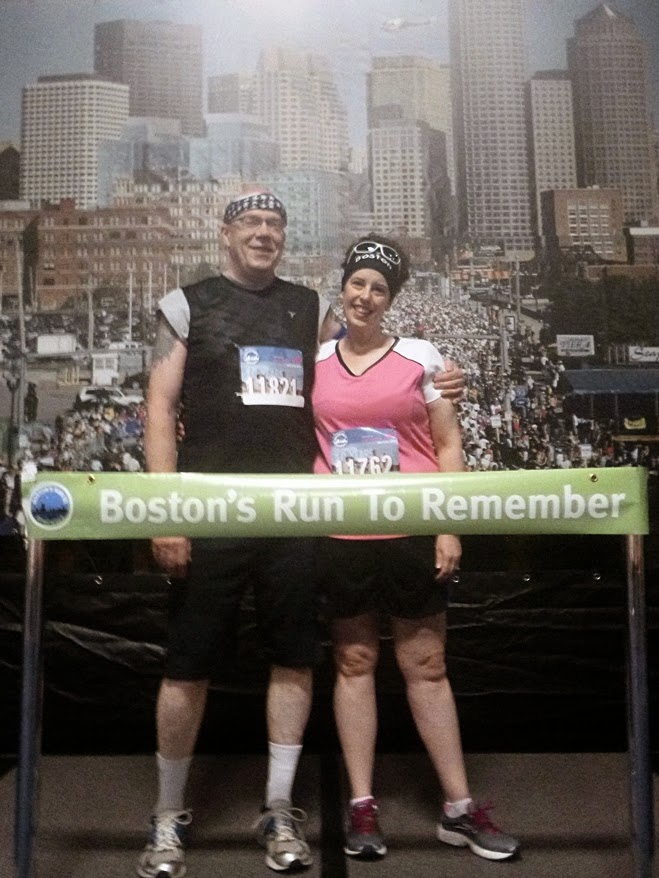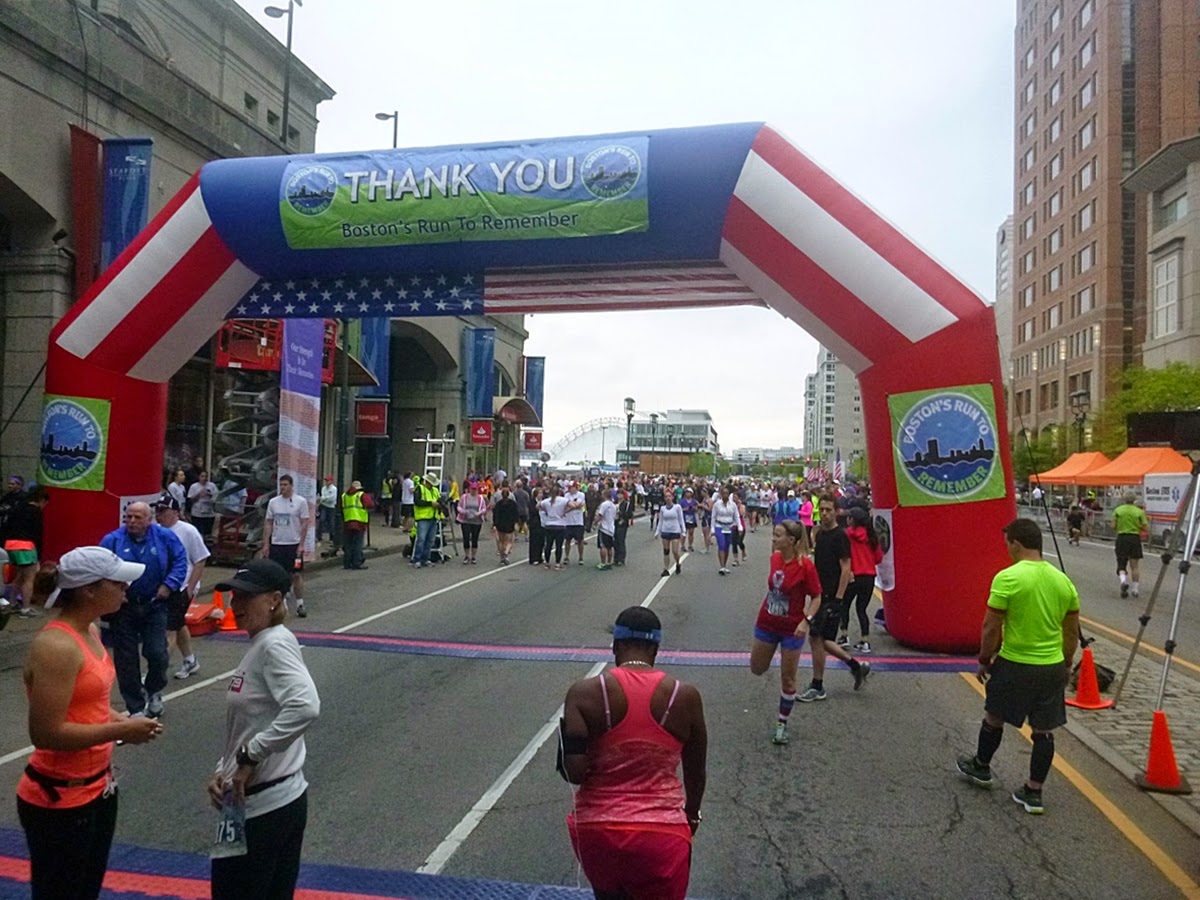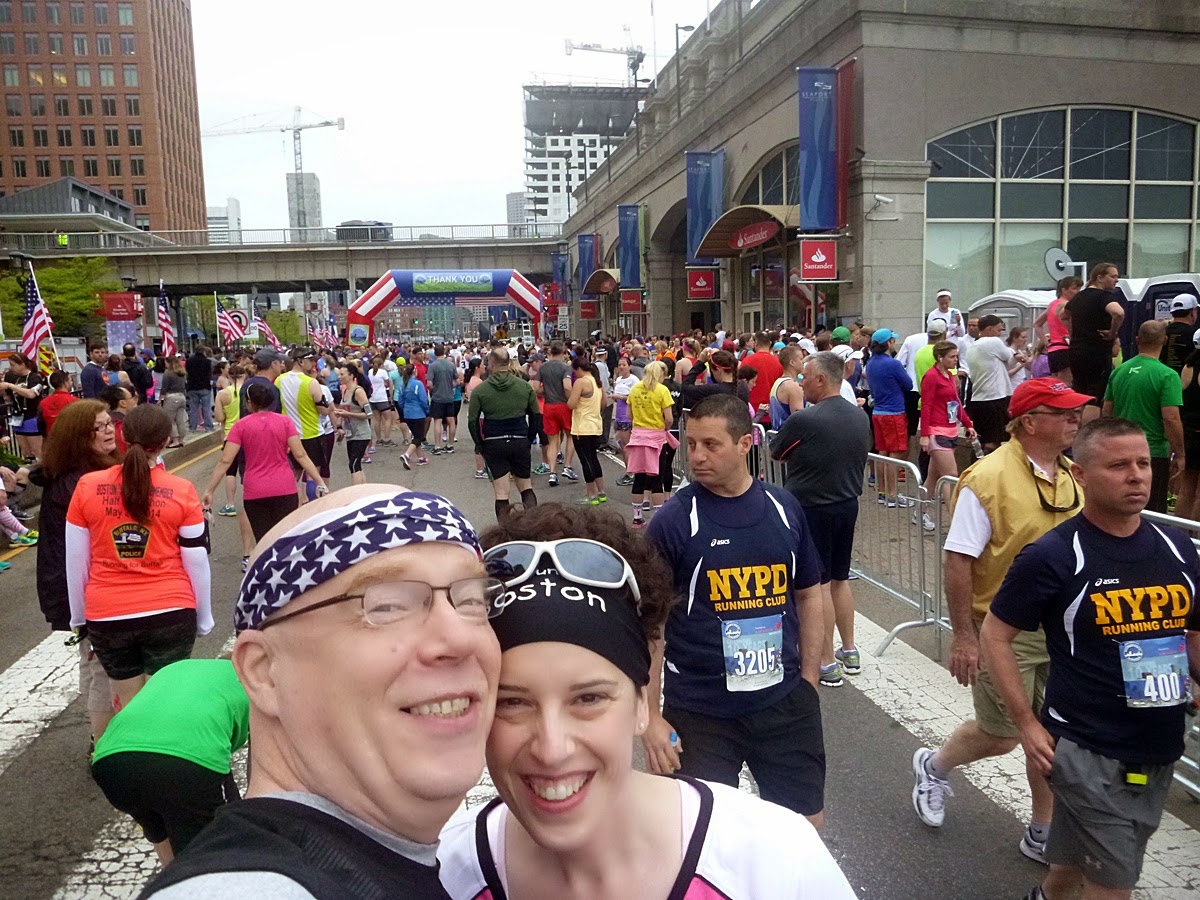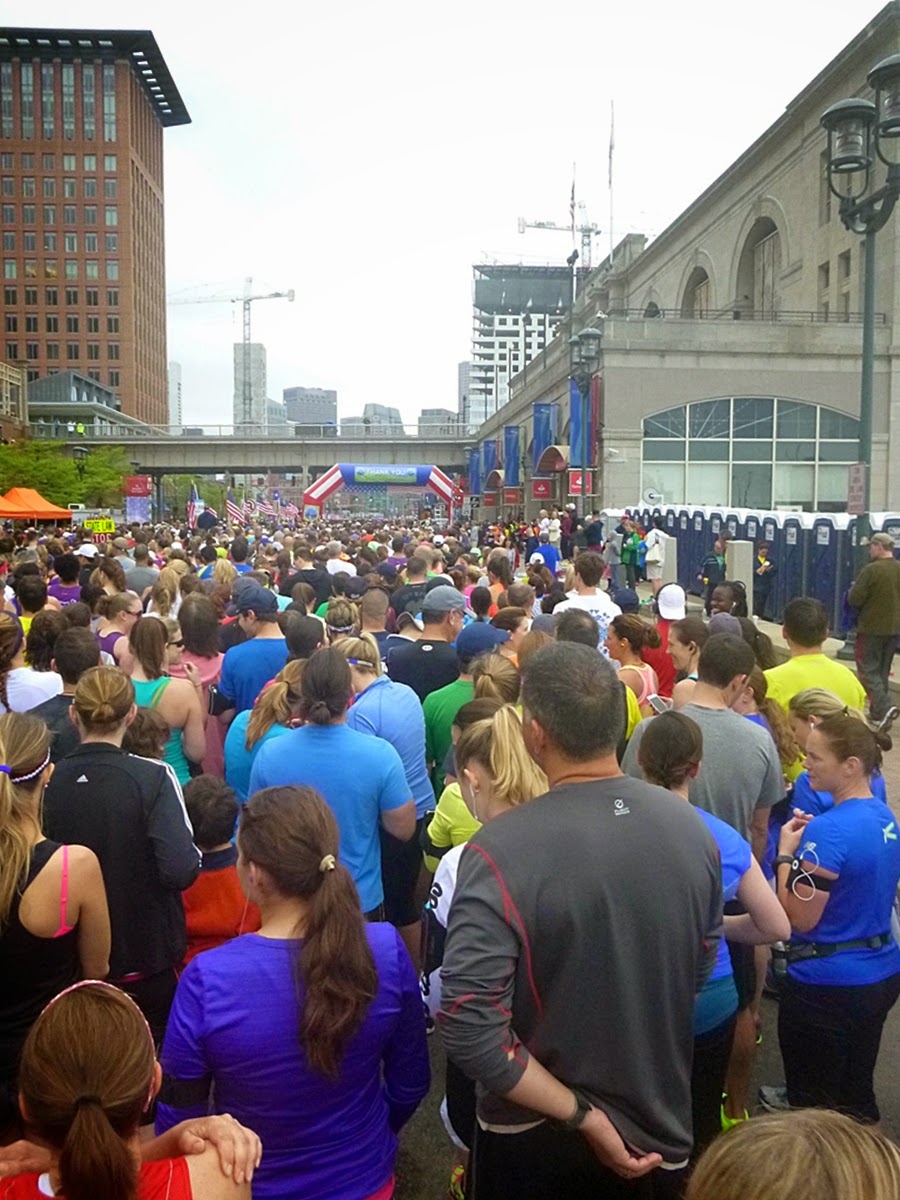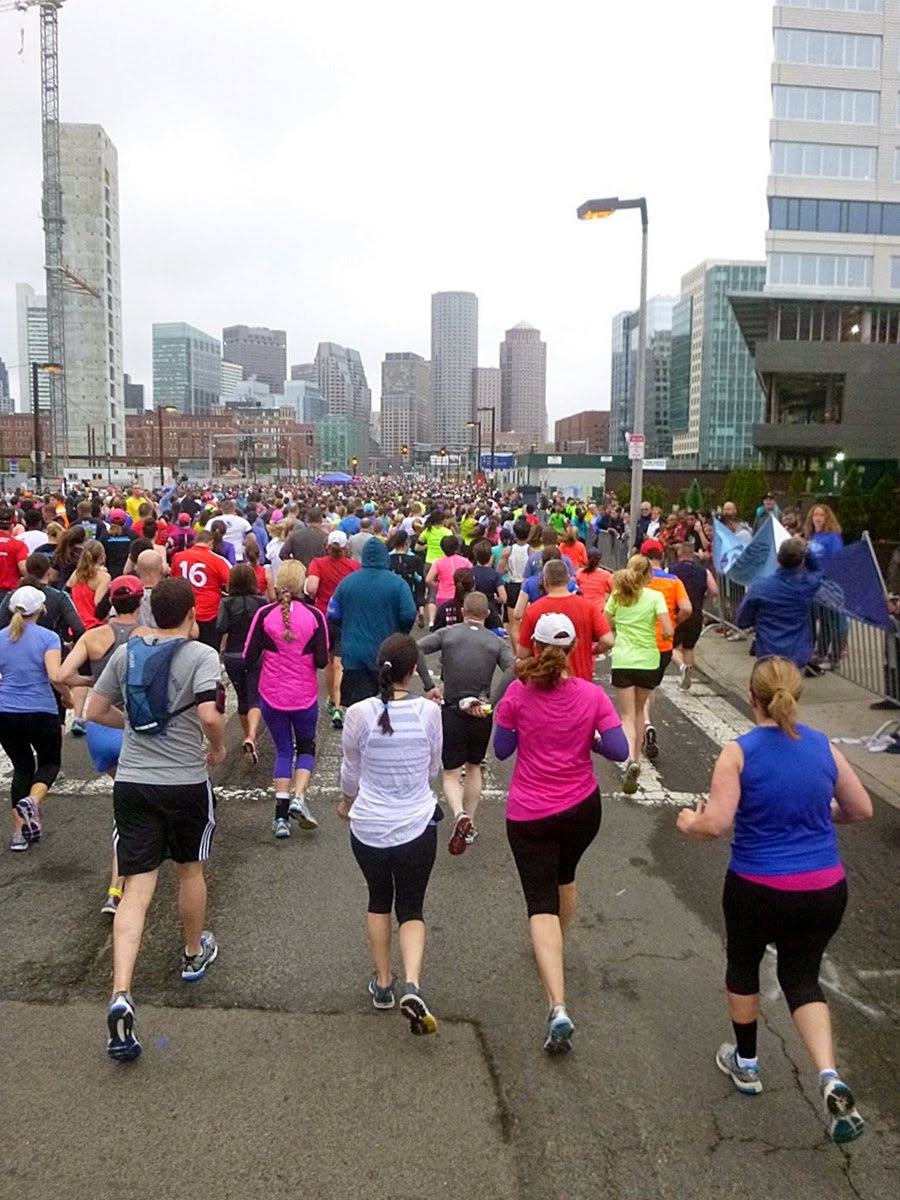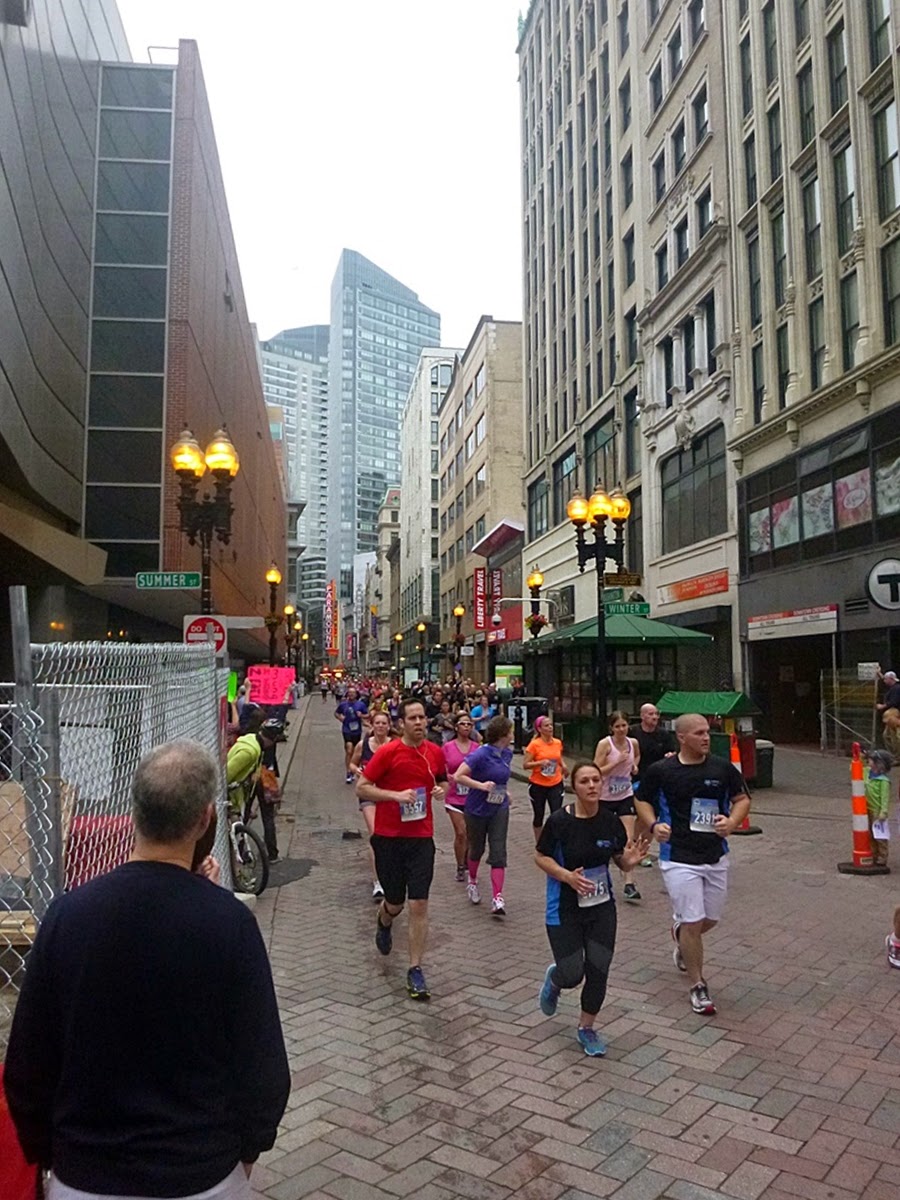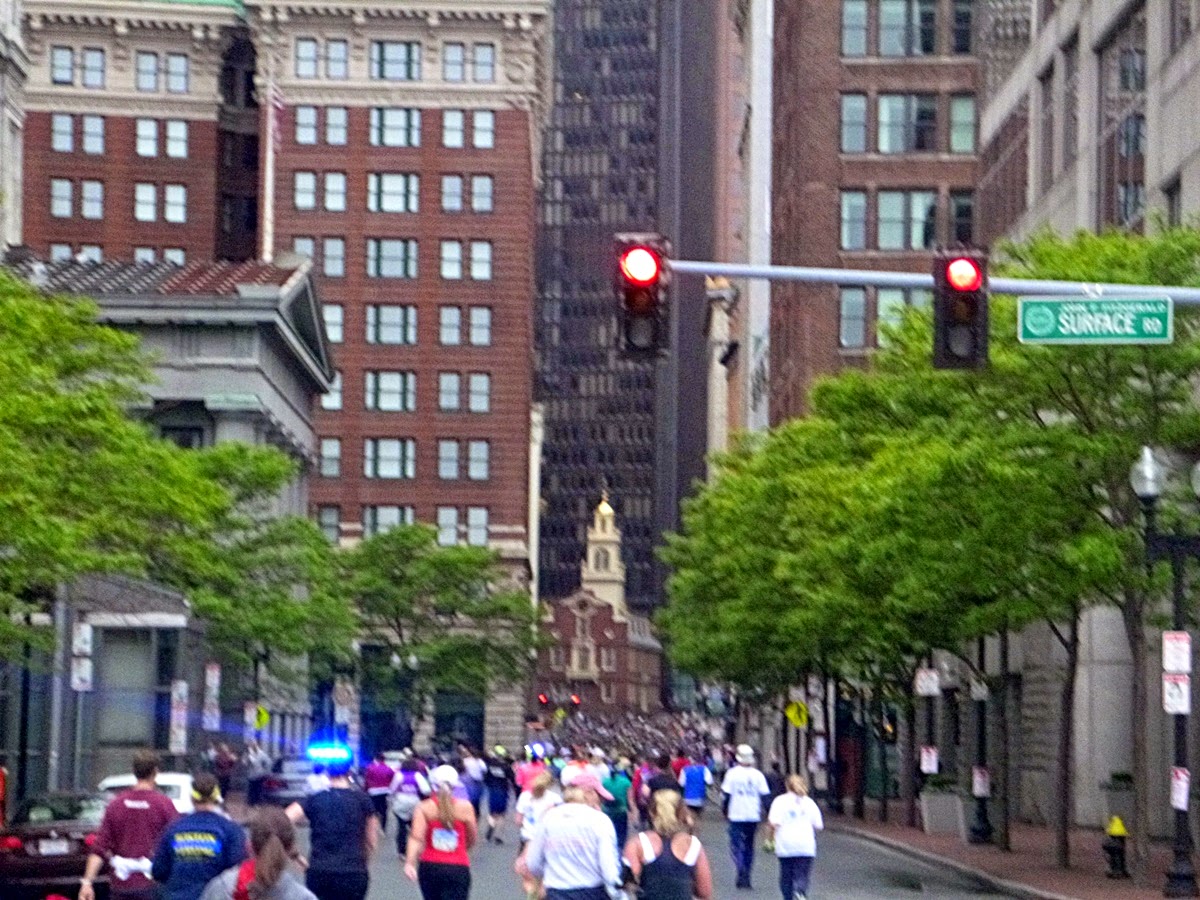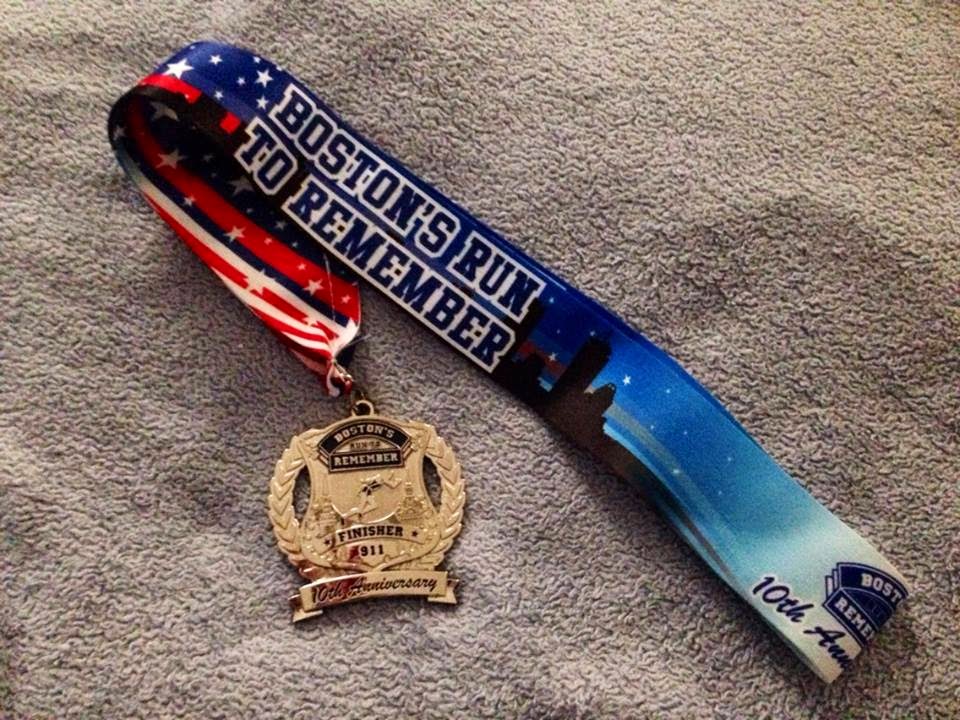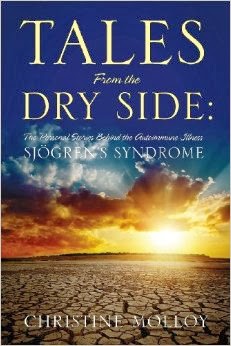Sometimes a topic comes up that I am somewhat uncomfortable throwing out into the world wide web community, and this is one of them. However, I had to go in for a minor office procedure two days ago and I was extremely nervous about what to expect. A Google search of some other blogs gave me information that helped me quite a bit, and reminded me of the importance of blogging and why I write what I write.
On Monday, the very same day that the Supreme Court of the United States of America granted a for-profit company permission to withhold financial coverage for certain types of birth control from its female employees (including IUDs), I had my IUD removed.
That was a total coincidence.
Here’s the thing though. This blog is not about that decision because honestly, I want this blog entry to be more helpful than that. We all have our opinions about the case and trust me, mine is strong. But this blog is about women and the choices they make. The choices that impact their lives, their partner’s lives, and the children they may or may not have. So here is my story…
During my college years, I was put on birth control pills after I suffered through a ruptured ovarian cyst. It was not my first cyst and because of the rupture, I lost critical days of clinical experience during nursing school. Once I went on the pill, the cyst situation improved dramatically. I was not sexually active at the time I went on the pill, and never had been at that point. However once I was, I found the birth control pill to be a great piece of mind, as condoms are not exactly known to be foolproof.
I tried different types of birth control pills over the years as I had suffered from the side effects that many women deal with in the name of acting responsible. I stayed on it for years and years until I came off of it during my first marriage for a brief, and I mean VERY brief, attempt at becoming pregnant. I was back on it two months later. That’s a story for another day.
In 2004, while in this marriage, I experienced a blood clot in my leg. I underwent testing and was found to have a genetic clotting disorder called Factor V Leiden. At the time I developed the blood clot, I was dealing with a medical issue and was spending a lot of time in bed. The hormones in the pill were thought to be an aggravating factor in the development of the blood clot. The trifecta of the Factor V Leiden, being immobile, and the hormones in the pill almost caused me a death sentence. I was banned from birth control pills for the rest of my life, as well as all hormonal forms of birth control such as DepoProvera, etc.
So condoms it was.
That was fun.
Years went on and in 2008, I left and subsequently divorced my husband. At this time I was also dealing with a raging autoimmune disorder that left me disabled and I felt strongly that I needed to further push the birth control issue as being single, relying on condoms if I were to have a new partner, and having this many health issues was a very bad combination. And frankly, irresponsible as well. The issue was made more complex by the fact that my fertility was in question anyways due to Polycystic Ovarian Syndrome, so who even knows if I needed birth control. But since I hadn’t undergone testing fertility testing, I was playing it safe.
I spoke with my hematologist and gynecologist at length and I was presented with the option to have an IUD. I had two choices: a copper Paraguard IUD or a hormonal Mirena IUD. The suggestion was made that the Mirena might be better for me as the ParaGuard was known for causing heavier periods and I already battled that most of my life, but the Mirena can also cause ovarian cysts. I questioned the use of hormone (progestin) in the Mirena due to my clotting disorder. It was explained to me that because of the type of hormone and the location of the hormone in the uterus, rather than in my entire system, that it would not be an issue. The Mirena IUD had become the birth control method recommended to women with Factor V Leiden, as studies had shown that it did not cause an increased incidence of blood clots.
So in August 2009, I had the IUD placed. I was not thrilled about the idea of having something foreign put into my body, by my options were so limited. I was forewarned that insertion can be more difficult for women who have never been pregnant/given birth, but this was something I read online. I figured maybe some women exaggerated how bad the pain was. My (male) gynecologist at the time said it would just be like period cramps.
I no longer see that doctor.
It was bad.
Very bad.
I have never given birth, but I would have to say that the pain was probably comparable, just much shorter in duration. I have been through a lot of medical procedures, many of them unpleasant, and this ranks in the top three of most painful procedures. Then there was a lot of dizziness, I threw up while on the table, and my doctor told me I would be OK to drive home. I got twenty minutes into my drive and had to pull over because I thought I was going to pass out from the pain. I eventually made the last ten minutes of the drive home and loaded up on Percocet that I had left over from an ER visit months before.
The severe pain continued for two straight weeks and that was how long I was on Percocet. It took about two full months for me to get back to normal and then I was fine. I had called the doctor several times during this period because I was concerned that something was wrong with the IUD, but I was told that it just doesn’t agree with my body and that it will get better, which it did. I don’t want to scare women out of getting an IUD, but let me tell you, knowledge is power, Be prepared and don’t take the word of a male physician on how it feels to have a T-shaped object inserted into your uterus when nothing else has ever been placed in your uterus before. Ask for a medication to take beforehand and have someone drive you. My experience may not be typical, but better safe than sorry.
Life after that with the IUD was OK for the most part. I would get paranoid that I couldn’t find the strings which indicated if the IUD was in place. I did get a few cysts over the years, which I probably would have gotten anyways. My periods ceased. I never had to buy tampons. And when I entered my first post-divorce relationship, I was relieved to have it. At one point I was taking a very toxic autoimmune medication with a black box warning and was told that I could not risk, under any circumstances, getting pregnant. No problem. IUD in place.
As I mentioned, I was never really comfortable with the idea of having a device in me like that and this became more of an issue for me after a conversation with my acupuncturist when I started seeing him the first time around. The menstrual cycle is a big component in Chinese medicine, especially in relation to blood flow and energy. He never pushed me on the issue, because he is such a good practitioner, but he suggested I consider having it removed so that the work I was doing in acupuncture could be more effective for my autoimmune symptoms. Again, my options were limited, so in place it stayed.
Fast forward to 2013. I begin to have a lot of problems with my cycle.The Mirena has now been in place for almost four years. I originally thought it was stress related due to our wedding, but by the end of the year, the wedding was done and the cycles worsened. I spoke to my nurse practitioner, who I trust implicitly, and she told me since my Mirena was due to come out in August 2014, the symptoms were likely related to the fluctuations of hormones that the Mirena was producing.
I go from never having a period to having several a month. YES, SEVERAL A MONTH! Two words for that: raging bitch. Actually, that would be a bit extreme, but the hormone fluctuations were causing bad mood swings (mostly depression), bloating, cramping, you know, the usual. Plus, this made me concerned about the Mirena’s efficacy. If the hormone levels in the Mirena were changing that much to cause these symptoms, was there enough progestin in that sucker to do what it is supposed to do? I am 43 years old and I have several medical issues that would likely make a pregnancy life-threatening for me, not to mention threatening to an unborn child.
So this has left my husband and I with lots to talk about. The plan was to get through my BRCA testing because if that ended up being positive, I knew I would have my ovaries removed and it would be a resolved issue. I have not received those results and birth control is still an open discussion. However we both agreed that for right here, right now, it is not physically OK for me to have this current IUD in place, especially since the more hormone fluctuations I have, the worse my autoimmune symptoms get.
For women, especially women with health complications like me, there are no easy answers. However I am fortunate enough to have a supportive husband and an excellent health care practitioner. Yesterday, after days of major fear and anxiety, I had the IUD removed. This was the Google topic I was referring to at the beginning of this post. I was petrified to have this thing taken out after my harrowing insertion experience. But it went OK. I thought to take some pain medication AND Motrin beforehand. It was painful coming out (they are taking something out of your uterus after all), but it was so quick that I barely had time to react. I did have cramping on the way home and Motrin later on in the evening, but by the next morning, I was out for a run.
The aftermath of the removal has been as expected. My body and hormones have been altered for the past five years so all those periods I didn’t get the first four years? Yeah, they were getting saved up for now apparently. It sucks, but I am confident that in a few weeks or months, it will all even out. I’m sure my acupuncturist will be thrilled when I go in tomorrow and I am confident that she can do something to help get me through the next few weeks.
So with all this talk about women’s rights, court decisions, and birth control, at the same time that I have gone through this process this week, it has made me think about the Mirena and if I think it is a good form of birth control. If you Google search “Mirena complications”, you will be blown away by the lawsuits and issues that women have had with this form of contraception. You will see stories of women who love it. You will even read about how evangelical Christians think that using an IUD is abortion (for the record, based on the evidence, I do not). I will be honest, I LOVE the fact that this foreign piece of material is no longer in my body. I am even psyched that I have to go buy tampons for the first time in God knows how long, because it means that my body is doing what it is supposed to do. Even though I had the IUD placed AFTER I first experienced autoimmune symptoms, I am curious to see if anything with my health improves.
For a period of time, for me, the Mirena was the right choice. Besides never having sex, it was the only choice. I think it is easy for all of us to sit in judgment over each other and the choices we make, but we truly know little about the fine details and the decision making process that a woman must go through in regards to her health.
It is, after all, her body.

